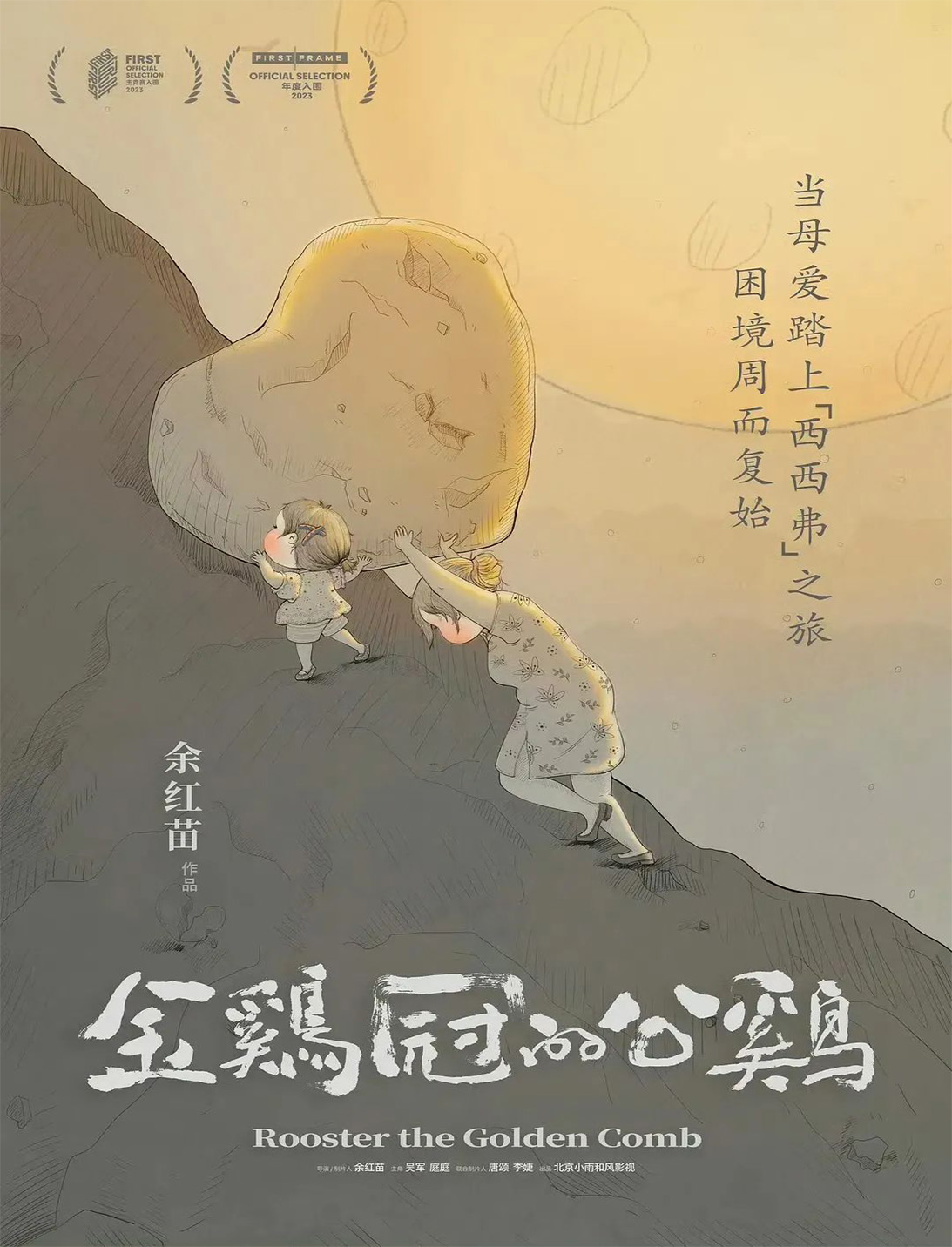ADL Exclusive Interview | Sharp Expression in Gentle Images - [Rooster and the Golden Comb]
Director: Hongmiao Yu
Interviewer: Hanyu Zhai
Hanyu: What was the origin of filming [Rooster and the Golden Comb]?
Hongmiao: Initially, we planned a documentary about reading activities. Wu Jun’s image, her emotions, and her story captivated me. Her journey, and the transformation she experienced, emphasised the power of talking and listening, inspiring us to share her story to help others in similar situations.
Hanyu: Did your initial vision for the documentary change during the filming and editing process?
Hongmiao:
Hanyu: Yes, the long filming period (2017-2023) brought significant changes. Initially, two stories from Beijing and Hangzhou were included, but we eventually focused solely on Hangzhou due to subject requirements. The title also evolved, reflecting Wu Jun’s journey and memories with her daughter.
Hongmiao:
Hanyu: Young audiences seem to focus more on the family issues in the film rather than the plight of middle-aged women. What do you think?
Hongmiao: Different age groups focus on different issues. While my focus was on the middle-aged woman’s experiences, the parent-child relationship naturally became central, resonating with young viewers and reflecting broader societal themes.
Hanyu: How do you participate in the entire process of creating a film?
Hongmiao: Due to limited funding, I took on multiple roles, allowing creativity to drive the project. New filmmakers should start with familiar topics and gradually build their skills through hands-on experience or training in established teams.
Hanyu: How do you view the issue that the audience’s evaluation of the film is polarized?
Hongmiao: Mixed evaluations are common. It's crucial to stay true to your vision while selectively considering feedback. Understand your target audience and focus on their perspectives rather than trying to satisfy everyone.
Hanyu: On the poster, you depicted a mother pushing a large rock up the mountain, with the caption: "Sisyphus-like maternal love." How did you come up with this idea?
Hongmiao: Inspired by Wu Jun’s daughter’s reference to Sisyphus, the concept evolved to symbolize the repetitive and burdensome nature of maternal love. The poster highlights the shared struggle and enduring nature of a mother’s love.
Hanyu: Do you have any ideas for future works?
Hongmiao: I aim to explore the stages of women's lives—spring, summer, autumn, and winter—and the relationships that shape them. My recent work, "Did You Hear It?", focuses on children's perspectives, highlighting generational misplacements and the evolving parent-child dynamic.
